Are you over 21 years old?
Grand Vin de Leoville du Marquis de Las Cases Saint-Julien 1988
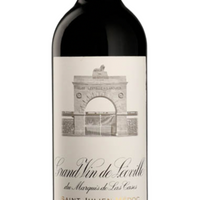
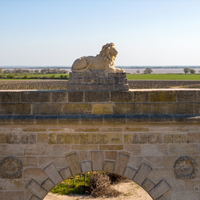
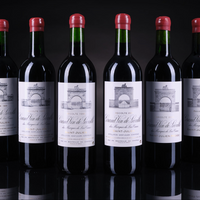
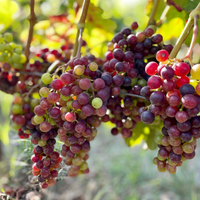
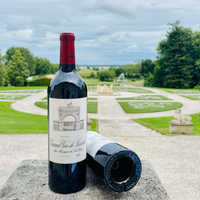
Grand Vin de Leoville du Marquis de Las Cases Saint-Julien 1988
Saint-Julien
1988
2nd Growth
65% Cabernet Sauvignon
21% Merlot
11% Cabernet Franc
3% Petit Verdot
Region: Bordeaux
ESTATE HISTORY
One of the oldest Medoc estates, Domaine de Léoville belonged to some of the wealthiest and most influential noble French families before it was acquired by the Las Cases family. The estate was split up between 1826 and 1840 as a result of the French Revolution. (Expropriation of emigrants’ property and constitution of egalitarian redistribution). Château Léoville Las Cases was created, thanks to a kind of birthright, from 3/5 of the original estate and the heart of the domain.
Pierre Jean, Adolphe and Gabriel de Las Cases were successive heirs to the property until 1900, when Théophile Skawinski purchased a share in the estate and became its manager. Léoville Las Cases has now been managed by the same family since the late 19th century and is today represented by Jean-Hubert Delon, sole owner of the Château and proprietor of Château Potensac in the Medoc and Château Nénin in Pomerol.
TERROIR
The Clos encases a terroir of very great complexity. It is mainly composed of Quaternary gravel ("graves") over gravelly sand and gravelly clay subsoils. We also find clays which are variably deep and compact, but which sometimes break through to the surface. The proximity of the Gironde River has created the wide diversity of soils, formed over various geological periods by successive superimpositions.
The river also creates a special microclimate that enables very early ripening of the grapes and protects the vineyards from frost. This cameo of geological combinations influences the growth of the vine and the composition of the grapes: regular but restricted water supply and a very low intake of nutrients bring out the best in the great Cabernet Sauvignons and Cabernet Francs which usually achieve their full potential whatever the vintage.
VITICULTURE
Sustainable farming. The soil is worked traditionally using the age-old knowledge of the terroir and integrated agricultural methods. Carefully selecting grafts from the best plants, mastering the plants' vigour, limiting the number of treatments and introducing hedgerows to encourage biodiversity are all decisions that contribute to the estate's goal: bringing out the best in each terroir for each vintage offered by Mother Nature.
WINEMAKING
Traditional method. Grapes are fermented in a combination of temperature-controlled wood, concrete, or stainless steel vats of varying sizes.
The oak vats also vary in age, with the oldest vats dating back close to 50 years. The oak tanks are always reserved for vinification for Chateau Leoville Las Cases. The cement vats are used to produce all the other wines from the property. Malolactic fermentation takes place in tank.
Blending takes place after malolactic fermentation, but before the barrel aging begins, allowing the blenders to experience the wine before it has been influenced by the oak.
The wine of Chateau Leoville Las Cases is aged in various percentages of new, French oak barrels. The exact percentage of new oak barrels used varies from year to year, depending on the style and character of the vintage.
However, the most recent vintages of Chateau Leoville Las Cases are aged in about 90% new, French oak barrels for an average of 18 months before bottling.
TASTING & FOOD PAIRINGS
96 points James Suckling




